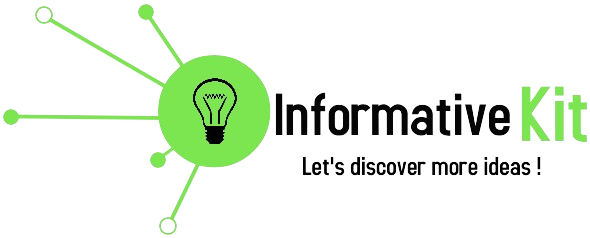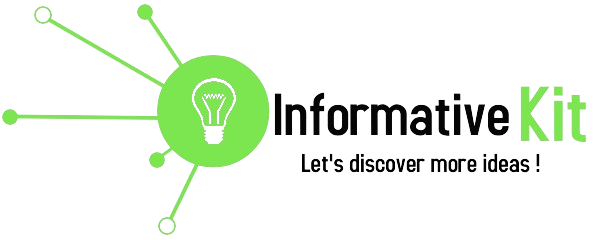The shift towards online learning has introduced opportunities and challenges in contemporary education. One of educators’ and institutions’ most critical challenges is ensuring academic integrity in online environments.
Academic integrity faces unprecedented challenges in online education. The shift to digital platforms has raised concerns about cheating and plagiarism. Maintaining fairness in assessments without physical oversight is a growing issue. Let’s explore how educators tackle these complexities in the online learning landscape.
In today’s digital age, maintaining academic integrity online poses significant challenges. The absence of face-to-face supervision during exams makes it harder to prevent cheating. Students have easy access to vast information online, tempting them to plagiarise. Educators must adopt new strategies and technologies to uphold honesty and fairness in online learning environments.
Medium of Delivery
In today’s digital age, the internet plays a significant role as a delivery medium. It allows instant data transmission, whether streaming videos, downloading files, or conducting online transactions. This speed and convenience have revolutionized industries like entertainment, education, and commerce, making information accessible globally. Understanding and optimizing the delivery medium is essential for navigating the complexities of modern communication and trade.
Strategies and Tools for Academic Integrity in Online Environments
Strategies and tools for academic integrity in online environments are essential to maintain honesty and fairness. One effective strategy is educating students about plagiarism and proper citation methods. Tools like plagiarism detection software help educators identify copied content and teach students to use sources responsibly. These measures ensure that academic work reflects original thought and that proper credit is given to others’ ideas.
Academic Dishonesty in the Digital Age
Academic dishonesty in the digital age has become a pressing concern due to the ease of accessing and sharing information online. Students may plagiarise by copying and pasting content from websites or even buying essays from online services. This undermines the integrity of academic work and compromises the learning process.
Addressing academic dishonesty requires a proactive approach from educators and institutions. It involves educating students about ethical conduct and the consequences of cheating. Implementing plagiarism detection software and monitoring tools can also help deter misconduct and uphold academic standards. By promoting a culture of honesty and integrity, educators can mitigate the risks posed by digital advancements and ensure fair assessment and learning outcomes.
Modify assignments for online learning.
Modifying assignments for online learning involves adapting tasks to suit the digital environment. For example, traditional essays might be replaced with discussion posts or multimedia presentations that encourage interactive learning. This adjustment helps engage students in virtual discussions and collaborative projects.
Assignments can also be structured with clear instructions and deadlines to accommodate asynchronous learning. Breaking tasks into smaller parts and providing online resources or tutorials can help students complete assignments independently. This approach ensures that learning objectives are met effectively in an online setting.
Quality of Online Education
The quality of online education varies depending on factors like course design and instructor engagement. Well-designed online courses offer clear learning objectives and structured content that is accessible and engaging for students. They often include multimedia resources, interactive activities, and opportunities for collaboration.
Technology also impacts the quality of online education, with reliable platforms and tools enhancing the learning experience. Access to resources, technical support, and user-friendly interfaces contribute to a positive online learning environment. Overall, maintaining high standards in course design, instructor engagement, and technological support ensures the quality of online education for all learners.
Frequently Asked Questions
What are the everyday challenges of academic integrity in online classes?
Online classes make it easier to copy and paste content without proper citation.
How can students unintentionally violate academic integrity online?
Students may collaborate excessively on assignments meant to be individual work.
What tools can help prevent academic dishonesty in virtual classrooms?
Plagiarism detection software and online proctoring services are practical tools.
Why is it important to educate students about academic integrity in online learning?
Understanding the rules ensures fair assessment and upholds academic standards.
How can educators promote academic honesty in remote learning environments?
Clear guidelines, regular communication, and a culture of honesty are crucial.
Conclusion
In conclusion, the challenges of academic integrity in an online environment require thoughtful solutions and proactive measures. As technology evolves, so must our approaches to maintaining honesty in scholarly work. Educators and institutions play a pivotal role in setting clear expectations and educating students about the ethical use of digital resources.
Moreover, fostering a culture of integrity through continuous communication and support is essential. Educators can mitigate the risks associated with academic misconduct by implementing practical tools such as plagiarism detection software and online proctoring. These efforts ensure fair assessment and uphold the credibility and value of online education.
Addressing the challenges of academic integrity in online learning environments demands collaboration and adaptation from all stakeholders. Through diligence and commitment to ethical standards, we can navigate these challenges successfully and promote a learning environment where integrity flourishes alongside technological advancements.





